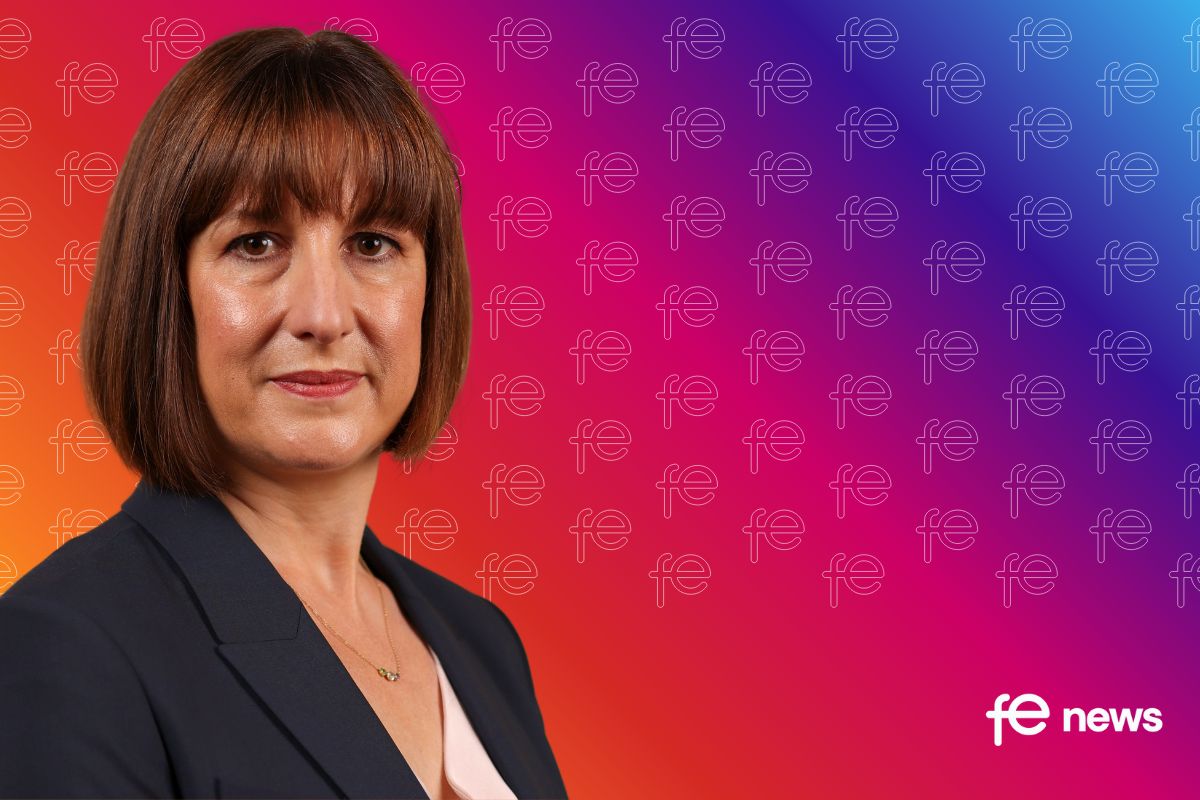How colleges are improving support for students with additional needs

There are a number of reasons why a child or young person may require extra support with their learning in college or university, including disabilities or learning difficulties, although every student’s needs are individual.
A student would be classed as requiring Special Educational Needs (SEN) if they have a learning difficulty or disability which requires special educational provisions to be made for them, and they may also have a disability which falls under the Equality Act, so it is essential that schools, colleges and universities are able to make reasonable adjustments or access arrangements where required.
Colleges and schools have specific statutory duties when it comes to supporting students with additional needs, but many have made it a priority to provide extra support and have dedicated teams who are able to offer advice, support and guidance.
Neurodiversity Support Teams
Although often grouped under neurological conditions or learning difficulties, young people with labels such as Dyspraxia, Dyslexia, Attention Deficit Hyperactivity Disorder (ADHD), Dyscalculia, Autism or Tourettes, each face their own challenges and providing an effective support system for everybody is not a one size fits all solution.
For example, a young person with ADHD may often find themselves losing focus whilst doing day-to-day tasks and struggle with organisation, which affects things like memory and running late, whilst someone on the autism spectrum may find it challenging to transition to a new campus or timetable. Support can come in many forms, such as mentoring, provision of assistive equipment or providing a safe and secure space on campus.
Additional needs come in many shapes and sizes, so it is important that any Learning Support Team is able to understand this and create a culture where they are recognized and celebrated, while continuing to provide any support that may or may not be required by individuals.
Approximately 1.5m people in the UK having a learning difficulty, including around 300,000 children. As students progress into further or higher education and become more independent, being able to turn to a support team could be vital for many of them.
Disability Support
Whilst physical disabilities are more visible, they also come with individual support requirements. Many will have access requirements, whilst others may need assistance with medication, assistive technology or equipment, or more personal care.
Support such as this is usually arranged through an Education, Health and Care plan (EHCP), but again, many schools and colleges offer additional support to ensure student wellbeing.
Assistive Technology
Assistive Technology (AT) is one major resource which helps colleges to support students with additional needs to reach their full potential. They have been designed to make education more inclusive and break down the barriers by providing support which helps students become more independent in their learning.
The technology ranges from mouse and keyboard alternatives, to portable magnifiers, Dictaphones, automatic page turners, voice recognition technology and specially adapted pencil grips.
Additional Support at College
Many educational institutions have put learning support at the forefront of their offer, ensuring they are able to cater for almost any student need and provide a safe and inclusive learning environment.
Newcastle College, in Newcastle upon Tyne, has a Learning Support Team which works with students who have a wide range of needs including sensory, wellbeing, autism and learning or physical disabilities. The team also offers support with Dyslexia and exam access arrangements.
A dedicated Assistive Technology Team offer transcription, adapted materials and specialist equipment.
Newcastle College also offers pastoral and academic support for all students with a team of Learning Mentors who work with all students to help them develop the skills and behaviours needed to progress beyond college.
The level of support on offer was praised in the latest Newcastle College Ofsted report, particularly the support available for learners with high needs.
We care about all of our students here and are committed to providing inclusive education in a safe and positive environment. We understand that everyone has a unique set of skills and abilities and with dedicated teams to support our students.
Rachel Gibson, Head of Central Support, Newcastle College











Responses